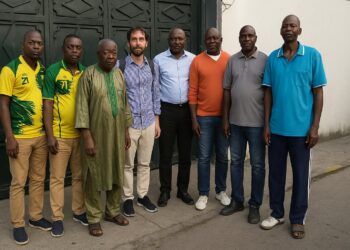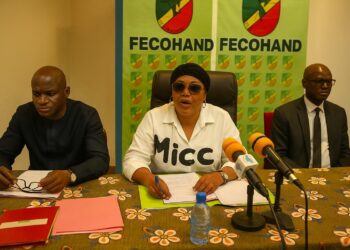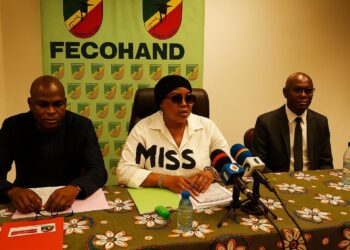Heritage at the Crossroads of Rivers and Empires
The Republic of Congo, bordered by the languid curves of the Congo and Ogooué rivers, stands at the intersection of Bantu migrations, pre-colonial trade routes and post-independence nation-building. Its cultural fabric, woven from more than sixty ethnic groups, is officially celebrated each August during the National Festival of Culture, an event elevated in recent years by the Ministry of Arts and Tourism to diplomatic showcase status (Ministry communiqué, 2022). While economic debates often dominate external perceptions, Congolese interlocutors insist that the preservation of intangible heritage remains an equally strategic priority.
Societal Texture and the Grammar of Respect
In Congolese social exchange, deference to age and status functions as a linguistic compass. Greetings may last several minutes, an essential ritual through which relative position is negotiated before substantive discussion begins. Consensus with elders is prized above direct confrontation, a dynamic that scholars such as Obenga have linked to pre-colonial governance councils where harmony safeguarded clan cohesion (Université Marien-Ngouabi working paper, 2021). Contemporary officials draw on this register in village consultations on development corridors, illustrating how tradition can lubricate modern decision-making without recourse to imposed models.
Family Roles between Continuity and Urban Flux
The locus of social reproduction remains the extended family, yet its architecture is shifting. Women historically orchestrate household economies, from market gardening to the complex logistics of kin hospitality. Male obligations, once centred on communal hunting, now often include salaried employment in Brazzaville or Pointe-Noire, leading to remittance-based support networks. A 2023 survey by the National Institute of Statistics notes that seventy-two per cent of urban households are headed by women during periods of male labour migration, compelling policymakers to integrate gender-sensitive budgeting into local development plans.
Elegance Woven in Wax Print and Raffia
Appearance in Congo-Brazzaville constitutes a silent dialogue of self-respect. The ubiquitous bous-bous, bright wax-print rectangles tied at the waist or fashioned as head wraps, coexist with finely tailored European-cut suits for formal occasions. Over the last decade, the government-backed Poto-Poto School of Painting has partnered with textile cooperatives to revitalise indigo and raffia dye techniques, pairing cultural preservation with export ambitions touted in the national diversification agenda (AfDB 2022). Diplomats attending state functions increasingly encounter dress codes that fuse tradition and cosmopolitan flair, signalling both national pride and openness.
Sporting Passions as Civic Glue
Football remains the republic’s unchallenged lingua franca. Evening matches of Diables Noirs or AC Léopard can empty entire neighbourhoods into stadiums or roadside screens, fostering rare moments of cross-ethnic unanimity. Basketball, volleyball and handball follow closely, a legacy of Franco-Congolese school curricula of the 1960s. The Ministry of Youth and Sports has recently positioned recreational fishing, long practised on the Kouilou River, as an eco-tourism asset aligned with the Congo Basin Blue Fund. In policy circles, such initiatives are read as soft-power investments designed to translate leisure into regional visibility.
Cassava, Cocoa and the Diplomacy of the Table
Culinary identity pivots on the versatile duo of cassava and plantain, often accompanied by peanut sauces fragrant with smoked tilapia. Despite fertile soils, approximately ninety per cent of the country’s animal protein is imported, a statistic the government aims to mitigate through the 2025 Food Sovereignty Plan supported by FAO technical assistance. Meanwhile, boutique cocoa estates along the Niari valley court gastronomic diplomacy; boxes of single-origin chocolate now feature at presidential receptions, pairing indigenous terroir with the global palate. Such gestures remind visiting dignitaries that cuisine can articulate national narratives as eloquently as communiqués.
Stewardship of Tradition in a Global Century
As Congo-Brazzaville deepens trade ties with Central African neighbours and the Gulf of Guinea, its leaders demonstrate that cultural resilience need not contradict economic ambition. The safeguarding of hierarchy, family solidarity, sartorial elegance, sporting zeal and cassava-anchored cuisine collectively offers a stabilising grammar in an era of rapid flux. For diplomats seeking to engage the republic beyond macro-economic indicators, attentiveness to these textures provides both analytical depth and avenues for respectful partnership.











































